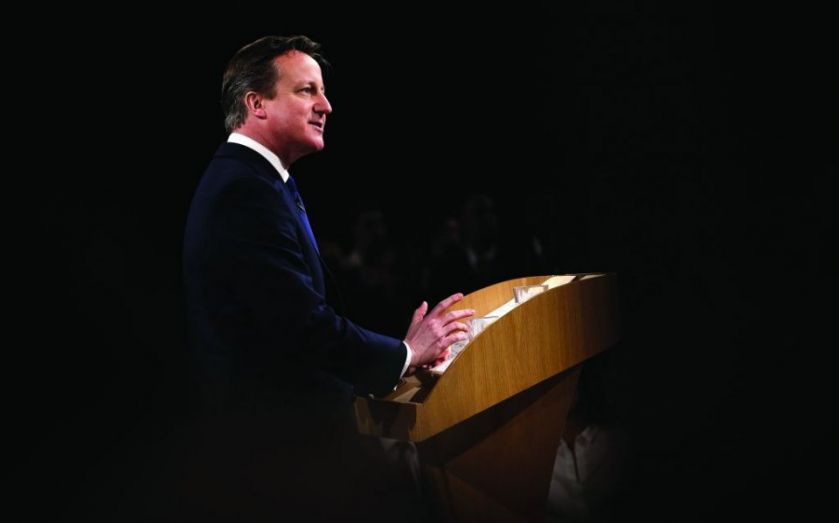City brushes off General Election jitters: Markets too pumped up with cheap money for investor fretting

Fears that London markets could be rocked by the outcome of next week’s General Election have been overstated, analysts said yesterday, arguing that shares will continue to be propped up by global monetary stimulus.
Despite an apparent ideological gap between the Tories and Labour, and extremely tight opinion polls, UBS analysts do not expect market chaos on the highly unpredictable result.
Stock markets are so pumped up with cheap money that investors are oblivious to the election, they said.
“The way I think about it, the patient is heavily sedated at the moment by €1.5 trillion of Eurozone QE, and it is pretty hard to get the patient anxious about anything under that circumstance,” said David Tinsley, European economist at UBS Investment Bank.
Economists at Panmure Gordon agree, saying that the City is paying far more attention to US interest rates at the Federal Reserve, China’s economic slowdown, and the chance of Greece leaving the Eurozone.
Quantitative easing (QE) from the European Central Bank has been accompanied by sustained low interest rates from the Bank of England and the Federal Reserve. Central banks are still pushing back market expectations of tighter monetary policy.
The Fed confirmed last night that US rates will be kept at record lows. “Until [the Fed] sees evidence of a rebound [in growth and inflation], which could take another few months, it is in no rush to raise interest rates from near-zero,” said a Capital Economics note.
Uncertainty surrounding the UK election has caused concern in the business world, due to the likelihood of a hung parliament, the Tories’ commitment to an EU referendum, and Labour’s perceived discomfort with the commercial sector.
Yet Panmure Gordon’s Simon French expects a limited impact on shares. “The FTSE 100 is a play on global growth and not really a measure of domestic policies,” he told City A.M. “Sterling’s slightly different – clearly there was a reaction during the Scottish referendum. But gilts are entirely unaffected.
“Whatever the rights and wrongs of it, the primacy of monetary policy since the crisis means that central bankers are the ones dominating the economic picture.”
[custom id=”1″]